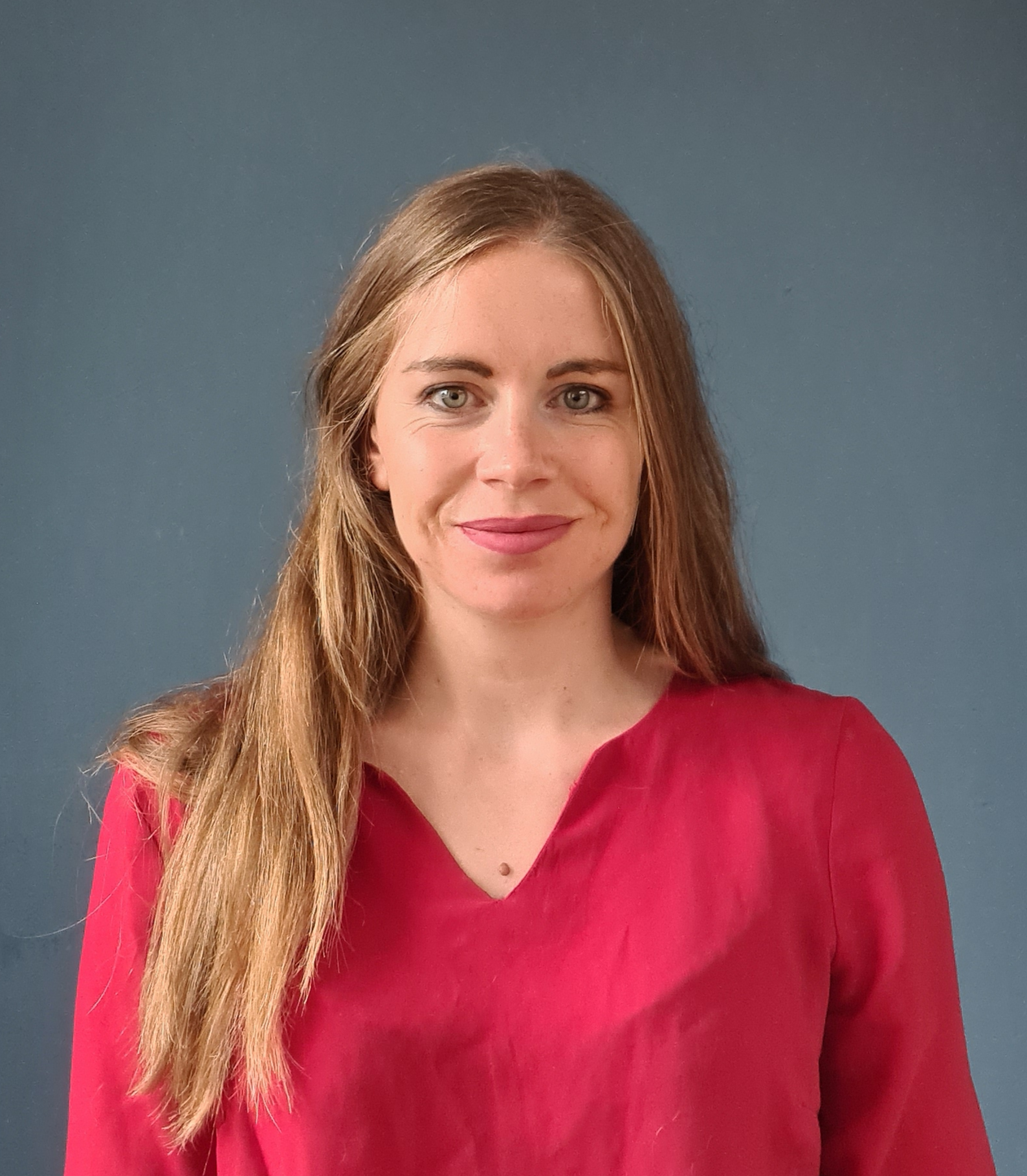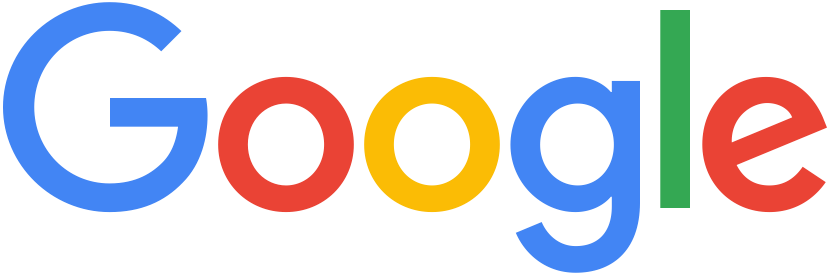The 1st Workshop on Data Contamination (CONDA)
Workshop@ACL 2024
Evaluation data has been compromised!
A workshop on detecting, preventing, and addressing data contamination.
Program schedule (Friday, August 16, 2024)
The workshop will be located in the room LOTUS SUITE 4 at the ACL2024 conference venue. The schedule for the workshop is the following:
| 08:55-09:00 | Opening Remarks |
|---|---|
| 09:00-09:45 | Invited talk by Margaret Mitchell: On the value of carefully measuring data. |
| 09:45-10:30 | Invited talk by Dieuwke Hupkes: Evaluation data contamination:how much is there, and how much does it actually matter? |
| 10:30-11:00 | Break |
| 11:00-11:45 | Invited talk by Anna Rogers: A Sanity Check on Emergent Properties |
| 11:45-12:00 | Best paper presentation: Rethinking LLM Memorization through the Lens of Adversarial Compression |
| 12:00-13:30 | Lunch Break |
| 13:30-15:30 | Poster Session: |
| Evaluating Chinese Large Language Models on Discipline
Knowledge Acquisition via Assessing Memorization and
Robustness Chuang Liu, Renren Jin, Mark Steedman, Deyi Xiong |
|
| Scaling Laws for Data Poisoning in
LLMs Dillon Bowen, Brendan Murphy, Will Cai, David Khachaturov, Adam Gleave, Kellin Pelrine |
|
| LLM Dataset Inference: Did you train on my
dataset? Pratyush Maini, Hengrui Jia, Nicolas Papernot, Adam Dziedzic |
|
| Rethinking LLM Memorization through the Lens of
Adversarial Compression Avi Schwarzschild, Zhili Feng, Pratyush Maini, Zachary Chase Lipton, J Zico Kolter |
|
| TOFU: A Task of Fictitious Unlearning for
LLMs Pratyush Maini, Zhili Feng, Avi Schwarzschild, Zachary Chase Lipton, J Zico Kolter |
|
| Train-to-Test Contamination in Code Generation
Evaluations Alexandre Matton, Elena Tommasone, Dennis Aumiller, Milad Alizadeh, Kylie He, Tom Sherborne, Raymond Ma, Maxime Voisin, Ellen Gilsenan-Mcmahon, Matthias Gallé |
|
| Benchmark Inflation: Revealing LLM Performance Gaps
Using Retro-Holdouts Jacob Haimes, Cenny Wenner, Kunvar Thaman, Vassil Tashev, Clement Neo, Esben Kran, Jason Hoelscher-Obermaier |
|
| Confounders in Instance Variation for the Analysis of
Data Contamination Behzad Mehrbakhsh, Dario Garigliotti, Fernando Martínez-Plumed, Jose Hernandez-Orallo |
|
| Unveiling the Spectrum of Data Contamination in Language
Models: A Survey from Detection to Remediation Chunyuan Deng, Yilun Zhao, Yuzhao Heng, Yitong Li, Jiannan Cao, Xiangru Tang, Arman Cohan |
|
| Task Contamination: Language Models May Not Be Few-Shot
Anymore Changmao Li, Jeffrey Flanigan |
|
| A Taxonomy for Data Contamination in Large Language
Models Medha Palavalli, Amanda Bertsch, Matthew R. Gormley |
|
| Using Cochrane Systematic Literature Reviews to Reduce
Contamination in the Evaluation of Large Language
Models Wojciech Kusa, Moritz Staudinger, Harrisen Scells, Allan Hanbury |
|
| Proving membership in LLM pretraining data via data
watermarks Johnny Wei, Ryan Yixiang Wang, Robin Jia |
|
| 15:30-16:00 | Break |
| 16:00-16:45 | Invited talk by Jesse Dodge: Contamination in Web-Scale Datasets and its Impact on Large Model Evaluations |
| 17:00-17:15 | Closing Remarks |
Background & Scope
Data contamination, where evaluation data is inadvertently included in pre-training corpora of large scale models, and language models (LMs) in particular, has become a concern in recent times (Sainz et al. 2023; Jacovi et al. 2023). The growing scale of both models and data, coupled with massive web crawling, has led to the inclusion of segments from evaluation benchmarks in the pre-training data of LMs (Dodge et al., 2021; OpenAI, 2023; Google, 2023; Elazar et al., 2023). The scale of internet data makes it difficult to prevent this contamination from happening, or even detect when it has happened (Bommasani et al., 2022; Mitchell et al., 2023). Crucially, when evaluation data becomes part of pre-training data, it introduces biases and can artificially inflate the performance of LMs on specific tasks or benchmarks (Magar and Schwartz, 2022). This poses a challenge for fair and unbiased evaluation of models, as their performance may not accurately reflect their generalization capabilities.
Although a growing number of papers and state-of-the-art models mention issues of data contamination (Brown et al., 2020; Wei et al., 2022; Chowdhery et al., 2022; OpenAI, 2023; Google, 2023; Touvron et al., 2023), there is no agreed upon definition or standard methodology to ensure that a model does not report results on contaminated benchmarks. Addressing data contamination is a shared responsibility among researchers, developers, and the broader community. By adopting best practices, increasing transparency, documenting vulnerabilities, and conducting thorough evaluations, we can work towards minimizing the impact of data contamination and ensuring fair and reliable evaluations.
Invited speakers

Anna Rogers
Associate Professor at IT University of Copenhagen
A Sanity Check on Emergent Properties.
Abstract: One of the frequent points in the mainstream narrative about large language models is that they have emergent properties", but there is a lot of disagreement about what that even means. If they are understood as a kind of generalization beyond training data- as something that a model does without being explicitly trained for it- I argue that we have not in fact established the existence of any such properties, and at the moment we do not even have the methodology for doing so.

Jesse Dodge
Research Scientist at Allen Institute for AI
Contamination in Web-Scale Datasets and its Impact on Large Model Evaluations.
Abstract: We are at a pivotal moment in the history of AI. The AI research community has driven pro gress for decades, but over the past couple years industry has started to make significant advances in model capabilities while purposely being closed about how. In this talk I’ll start by discussing different types of contamination and how they appear in the wild. I’ll then discuss some of our work on building massive datasets by scraping the web, including Dolma and C4. I’ll discuss What’s In My Big Data, a toolkit for documenting the contents of web-scale datasets, and some of our results on measuring contamination in different ways across a variety of popular pretraining corpora. I’ll conclude by discussing evaluation of large models, and how current evaluations have low construct validity and how we don’t have strong evaluations for the actual use cases that users care about.

Dieuwke Hupkes
Research Scientist at Meta
Evaluation data contamination: how much is there, and how much does it actually matter?
Abstract: With many of the current "SOTA" LLMs being closed sourced and their training data inaccessible, more and more questions arise that relate to potential contamination of the evaluation datasets used to claim their results. Various claims can be found online that range from suspicions of outright training on evaluation data to inflate results to suggestions that the definitions of contamination used may be inadequate and underestimate its impact. However, even with access to the training corpus, contamination and its impact is far from trivial to assess. In this talk, I discuss common ways of measuring contamination and provide empirical data into how much they impact results for a range of LLMs.

Margaret Mitchell
Researcher and Chief Ethics Scientist at HuggingFace
On the value of carefully measuring data.
Abstract: Just as we evaluate models, we should measure data. Measuring data involves quantifying different aspects of its composition, such as counts of the top-represented domains, or correlations between sensitive identity terms and other concepts. In this talk, I will define the problem of measuring data and unpack how it can be applied to automatically curating distinct training and evaluation datasets for ML models.
Important Dates
| Paper submission deadline | |
| June 14, 2024 | ARR pre-reviewed commitment deadline |
| June 17, 2024 | Notification of acceptance |
| Camera ready deadline | |
| August 16, 2024 | Workshop day |
Call for papers
We welcome paper submissions on all topics related to data contamination, including but not limited to:
- Definitions, taxonomies and gradings of contamination
- Contamination detection (both manual and automatic)
- Community efforts to discover, report and organize contamination events
- Documentation frameworks for datasets or models
- Methods to avoid data contamination
- Methods to forget contaminated data
- Scaling laws and contamination
- Memorization and contamination
- Policies to avoid impact of contamination in publication venues and open source communities
- Reproducing and attributing results from previous work to data contamination
- Survey work on data contamination research
- Data contamination in other modalities
Paper Submission Information
We welcome two types of papers: regular workshop papers and non-archival submissions. Regular workshop papers will be included in the workshop proceedings. All submissions must be in PDF format and made through OpenReview.
- Regular workshop papers: Authors can submit papers up to 8 pages, with unlimited pages for references. Authors may submit up to 100 MB of supplementary materials separately and their code for reproducibility. All submissions undergo an double-blind single-track review. Best Paper Award(s) will be given based on nomination by the reviewers. Accepted papers will be presented as posters with the possibility of oral presentations.
- Non-archival submissions: Cross-submissions are welcome. Accepted papers will be presented at the workshop, but will not be included in the workshop proceedings. Papers must be in PDF format and will be reviewed in a double-blind fashion by workshop reviewers. We also welcome extended abstracts (up to 2 pages) of papers that are work in progress, under review or to be submitted to other venues. Papers in this category need to follow the ACL format.
In addition to papers submitted directly to the workshop, which will be reviewed by our Programme Committee. We also accept papers reviewed through ACL Rolling Review and committed to the workshop. Please, check the relevant dates for each type of submission.
Links to OpenReview submission pages:







